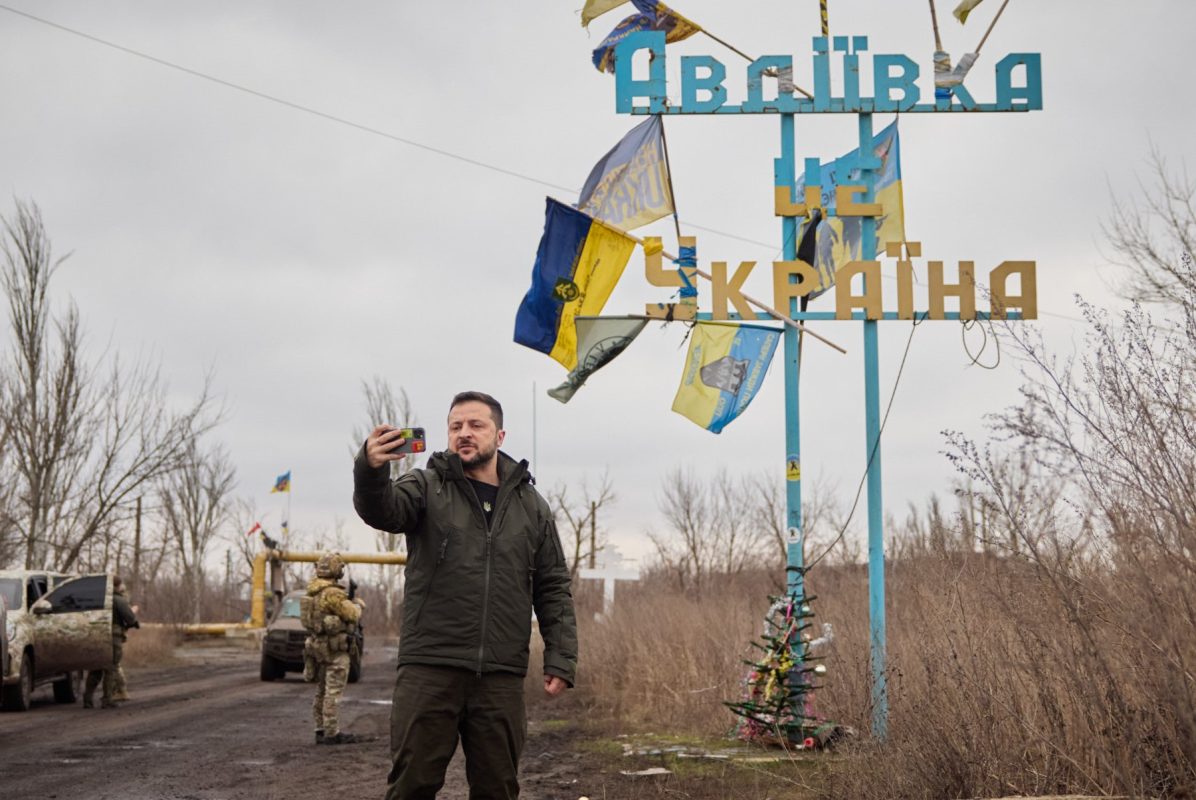One of the most critical elements highlighted by the recent Greek elections is the explosive class polarisation taking place
One of the most critical elements highlighted by the recent Greek elections is the explosive class polarisation taking place.
This phenomenon, which is unprecedented in recent Greek history,
reveals that SYRIZA is in the forefront of the struggles of the broad
masses and the youth, while the ruling class, faced with the risk of a
Left government coming to power, required the formation of a political
pole to defend their interests and power. In the end they achieved their
"Pyrrhic" victory on 17thJune, but the composition of the layers supporting them renders their effort to hang on to power completely temporary.
The recent elections made SYRIZA the biggest party in Athens, with
the workers in the main working class areas –who, until recently,
reluctantly supported PASOK – identified SYRIZA as their new political
expression. This is in no way a temporary phenomenon. However, this
class vote was offset by conservatism in the rest of Greece and
particularly in the rural areas, shifting the balance towards the New
Democracy.
Although many key constituencies were won by the Left, large parts of
the political map of Greece were painted blue. Apart from this
electoral geography, what is particularly interesting to see in more
detail is the class composition of the vote. Polls carried out by
“Public Issue” on the "social profile" of the parties in both elections,
[http://www.publicissue.gr/2011/koinwniko_profil-sunoxes/ and http://www.publicissue.gr/2043/koinwniko_profil_6_2012/),
and relevant research published earlier in the daily newspaper "Ethnos"
reveal a strong class differentiation among the SYRIZA voters on one
side and ND and PASOK on the other.
SYRIZA won high levels of support from among the wage workers of the
private and public sector, the self-employed and the unemployed. The
youth, both those who have not yet entered the labour market, the
students, or those who have been expelled from it, the unemployed,
turned en masse to SYRIZA, expressing a healthy class instinct that in
conditions of overt class warfare on the part of capital, a strong focal
point for the defence of the working class needs to be developed. It is
also this fundamental conclusion that was lacking in the other leaders
of the Left who actually did what they could to avoid being connected
with the real desires and needs of the most exploited and truly
progressive forces of society. Instead, SYRIZA following upon a unifying
policy, despite major shortcomings, became the leading political
exponent of the masses.
On the other hand, those political forces that fight hard to defend
the status quo and the established economic and social order have seen
their influence decreasing among the progressive layers of society. ND,
apart from the middle and especially high income earners, found support
in the politically more backward rural population that has traditionally
supported them – almost 1/3 of their votes came from the farmers – and
layers within the urban population such as housewives and the pensioners
also supported New Democracy and PASOK in their majority. It is no
coincidence that the latter are inactive sectors of the urban
population. These layers despite the blows that they have received so
far hold on to the hope that it is possible to achieve economic and
social stability and that their meagre incomes will not be sucked into
some black hole – a totally unfounded expectation of course – if the
government fails to take the necessary measures Nor is it accidental
that, owing to their position in society [not in a place of work, etc.],
these are the layers of the population that are most exposed to the
rabid propaganda campaign unleashed against SYRIZA by the media of the
ruling class of the country.
The victory of ND and the creation of a coalition government with
PASOK and the Democratic Left is anything but reassuring for the ruling
class. Those most conservative layers, referred to above, that support
it are not at all a solid social base. On the contrary, one by one the
illusions built up in recent months will be broken down by the reality
of the situation, resulting in these layers rejecting this government.
With the key element of the worsening of the global capitalist crisis
and the destabilising effects this has within the core of the Eurozone,
not only will the position of Greece within euro soon be challenged, but
the existence of the euro itself will be put into question.
With the correlation of class forces in society having shifted
decisively in favour of the working class and with a dynamic shift of
the broad masses towards SYRIZA, a party that has the potential to
represent their interests effectively, the explosion of a new phase of
struggles of the workers and the youth movement in the coming months
will find this new government without any real social basis. The ruling
class then will use any underhand and brutal means to maintain its power
and the workers should be well prepared for this development. Here
again, a critical element will be the attitude of the leadership of the
Left.
The organisational restructuring of SYRIZA into a single mass,
democratic party embracing the broad working (and unemployed) layers
which supported SYRIZA, its connection with a renewed labour movement
and whether or not it adopts a programme to overthrow capitalism – the
only realistic programme in the conditions of this rotting system –will
determine whether the Left will be able to successfully undertake the
historic tasks of the next period.






